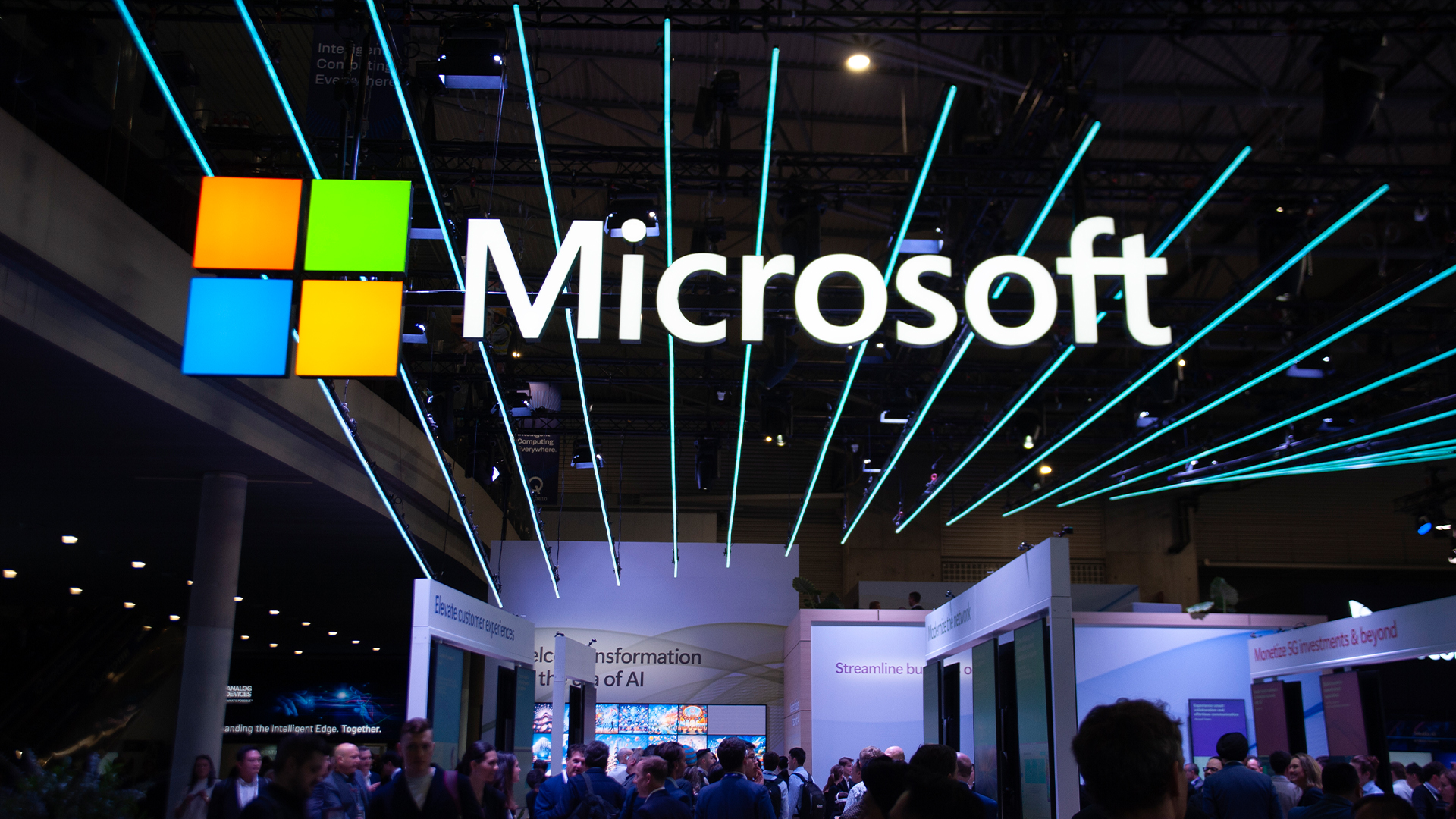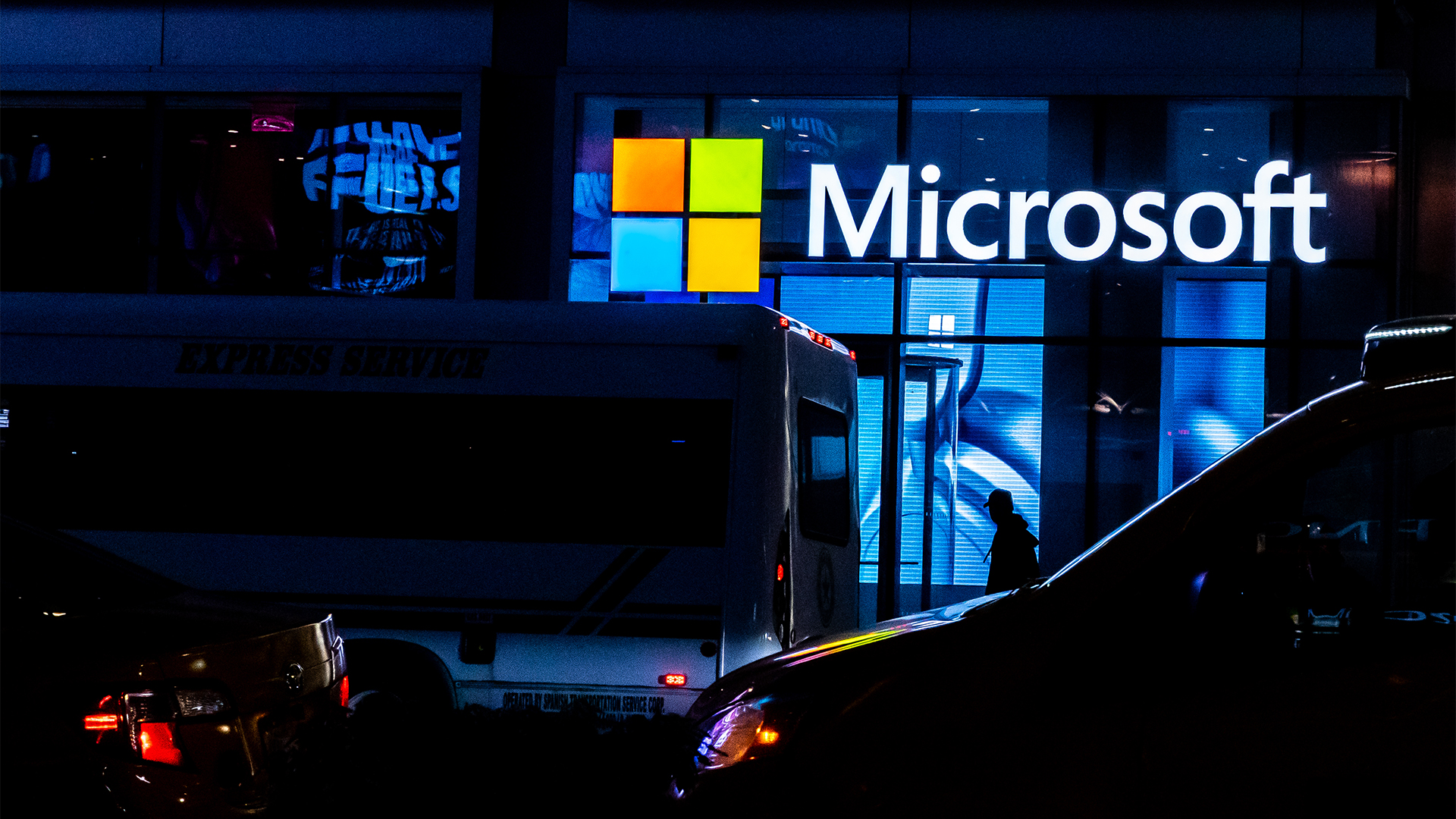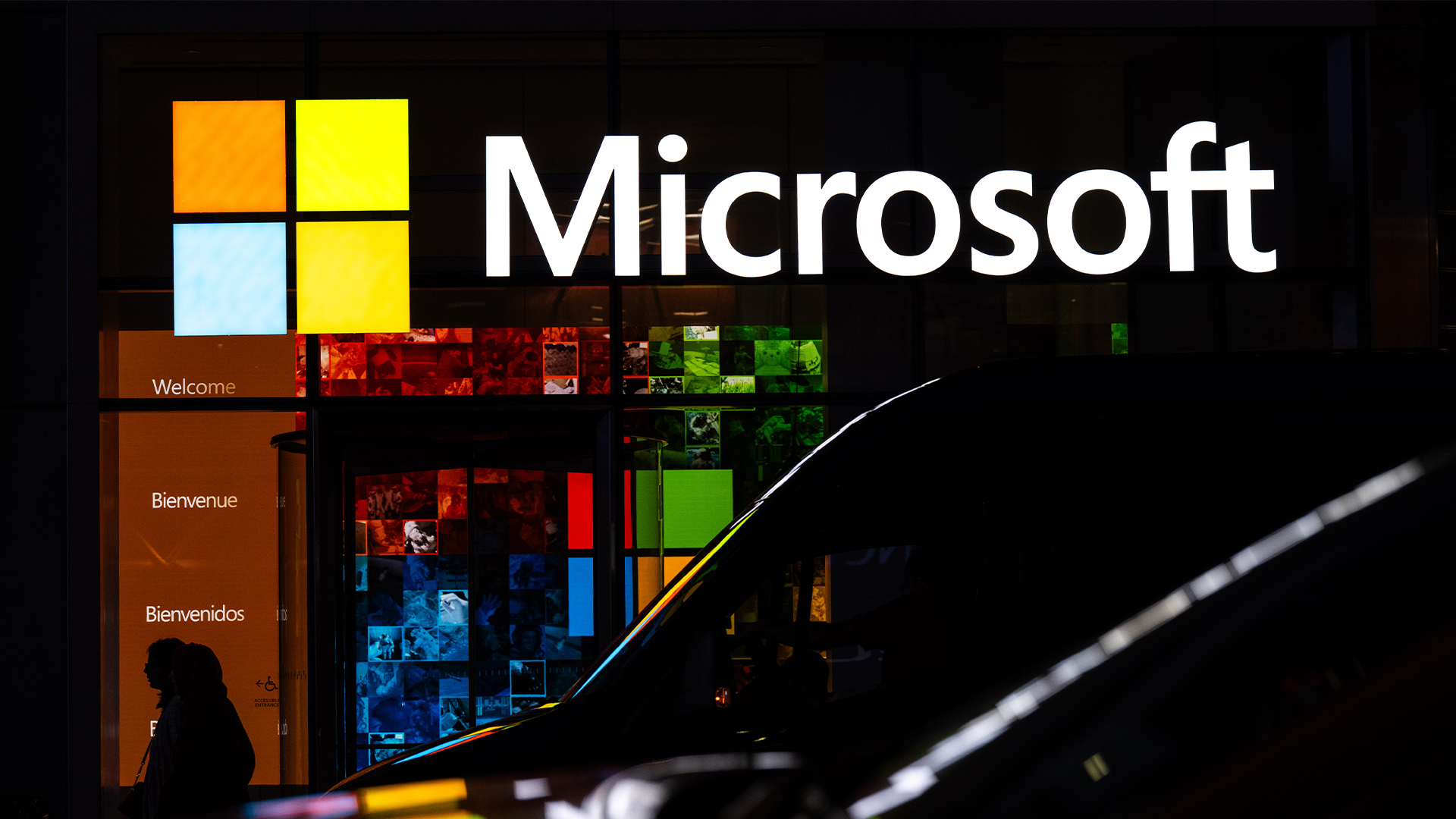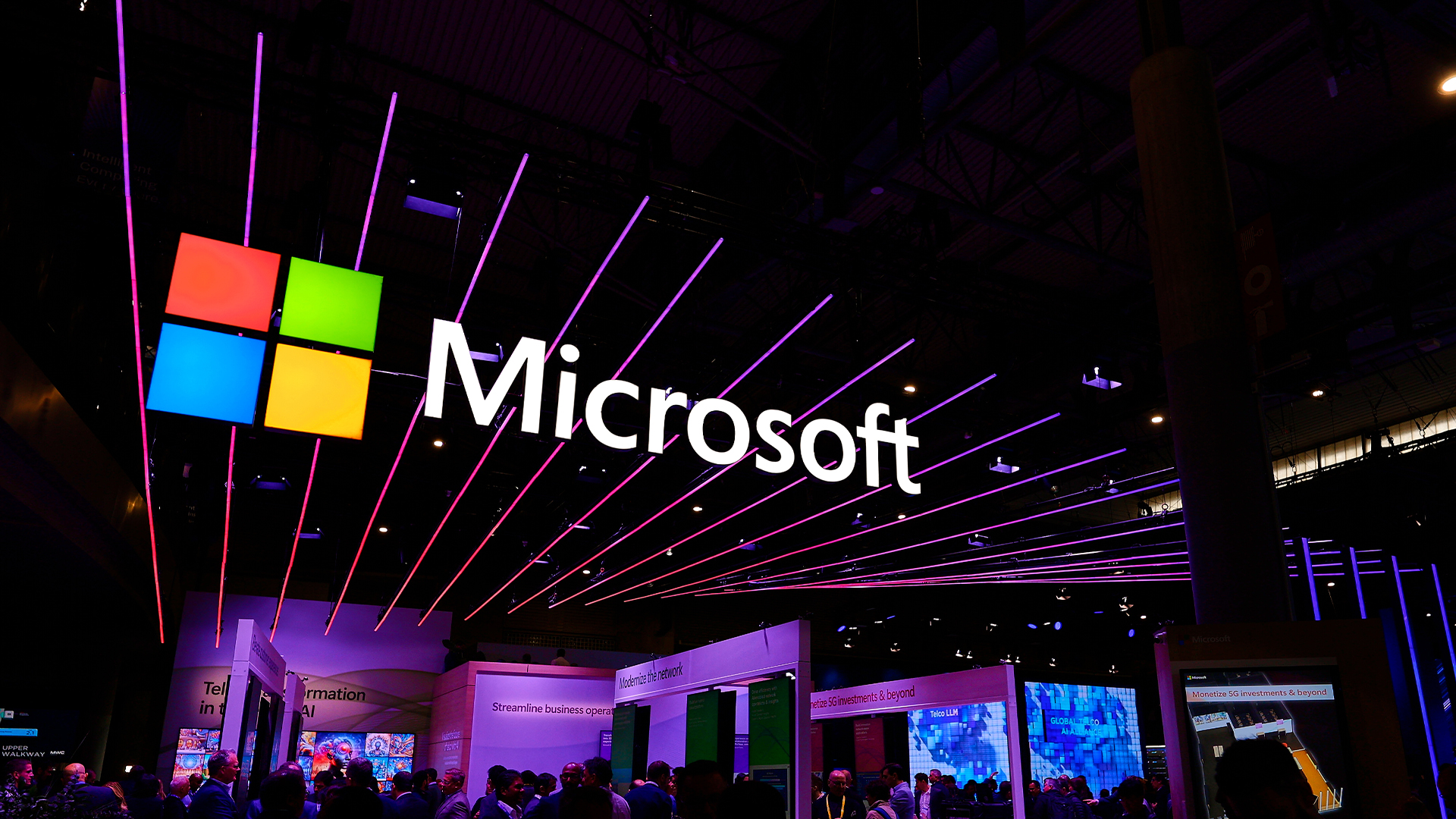Microsoft says Midnight Blizzard hacker group accessed source code and internal systems in January cyber attack
Microsoft confirmed the Russian-linked group accessed internal systems after an incident that was first detected in January


Sign up today and you will receive a free copy of our Future Focus 2025 report - the leading guidance on AI, cybersecurity and other IT challenges as per 700+ senior executives
You are now subscribed
Your newsletter sign-up was successful
Microsoft has revealed that Russian state-sponsored hacker group Midnight Blizzard gained access to internal systems and source code repositories during a cyber attack in January.
The tech giant said its security team had detected the attack on 12 January 2024 and triggered its response process to prevent any further access into its systems and mitigate potential damage.
Identified as Midnight Blizzard, the group are believed to have used a password spray attack to compromise a legacy non-production test tenant account and gain initial access.
From here, the attackers were able to access a small percentage of Microsoft corporate email accounts , including its senior leadership team and staff in its security, legal, and other functions, according to an update published on 19 January.
The update added that the attack was not the result of a vulnerability in Microsoft products or services.

In its latest update, released on 8 March 2024, Microsoft said it has seen evidence that the group is using information exfiltrated from its corporate email systems to try and get unauthorized access to both Microsoft and customer networks.
“It is apparent that Midnight Blizzard is attempting to use secrets of different types it has found," the company said in a blog post. "Some of these secrets were shared between customers and Microsoft in email, and as we discover them in our exfiltrated email, we have been and are reaching out to these customers to assist them in taking mitigating measures.”
Sign up today and you will receive a free copy of our Future Focus 2025 report - the leading guidance on AI, cybersecurity and other IT challenges as per 700+ senior executives
The company described the attack as characterized by a sustained, significant commitment of the group’s resources, coordination, and focus. It speculated the threat actors may be using the information to build a better picture with which they plan future attacks or enhance its offensive capabilities.
Microsoft also noted Midnight Blizzard has ramped up the volume of certain aspects of the attack, such as password sprays, by roughly a factor of ten in February, compared to the levels observed in January.
Who are Midnight Blizzard?
Midnight Blizzard, also known as Nobelium, APT29, and Cozy Bear, are understood to be a Russian state-sponsored threat actor group, with close links to the country's Foreign Intelligence Service (SVR).
The group initially rose to prominence in 2013 after the first samples of the MiniDuke malware began circulating the dark web, according to analysis by Kaspersky Labs.
Since then the group has been responsible for a number of cyber attacks, notably targeting predominantly NATO member states.
RELATED WHITEPAPER

In 2015, Midnight Blizzard gained access to networks at the Pentagon via a spear phishing attack on its email servers, leading to a total shutdown of the Joint Staff unclassified email stem, as well as internet access in the building.
The following year the group were also able to compromise the servers of the Democratic National Convention (DNC) within months of the 2016 US election.
Since then both the Norwegian and Dutch governments have been affected by attacks from the collective, and forced the Dutch general election in 2017 to revert to hand counting to avoid potential tampering concerns.
In addition to the January attack on Microsoft, the group also gained unauthorized access to HPE’s cloud-hosted email environment. Midnight Blizzard was able to access several SharePoint files on the HPE system, according to the company’s SEC filing.

Solomon Klappholz is a former staff writer for ITPro and ChannelPro. He has experience writing about the technologies that facilitate industrial manufacturing, which led to him developing a particular interest in cybersecurity, IT regulation, industrial infrastructure applications, and machine learning.
-
 Synology DiskStation DS725+ review
Synology DiskStation DS725+ reviewReviews This two-bay NAS balances cost, performance, usability, and scalability to perfection
-
 Microsoft Copilot bug saw AI snoop on confidential emails — after it was told not to
Microsoft Copilot bug saw AI snoop on confidential emails — after it was told not toNews The Copilot bug meant an AI summarizing tool accessed messages in the Sent and Draft folders, dodging policy rules
-
 Microsoft patches six zero-days targeting Windows, Word, and more – here’s what you need to know
Microsoft patches six zero-days targeting Windows, Word, and more – here’s what you need to knowNews Patch Tuesday update targets large number of vulnerabilities already being used by attackers
-
 Thousands of Microsoft Teams users are being targeted in a new phishing campaign
Thousands of Microsoft Teams users are being targeted in a new phishing campaignNews Microsoft Teams users should be on the alert, according to researchers at Check Point
-
 Microsoft warns of rising AitM phishing attacks on energy sector
Microsoft warns of rising AitM phishing attacks on energy sectorNews The campaign abused SharePoint file sharing services to deliver phishing payloads and altered inbox rules to maintain persistence
-
 Microsoft just took down notorious cyber crime marketplace RedVDS – and found hackers were using ChatGPT and its own Copilot tool to wage attacks
Microsoft just took down notorious cyber crime marketplace RedVDS – and found hackers were using ChatGPT and its own Copilot tool to wage attacksNews Microsoft worked closely with law enforcement to take down the notorious RedVDS cyber crime service – and found tools like ChatGPT and its own Copilot were being used by hackers.
-
 These Microsoft Teams security features will be turned on by default this month – here's what admins need to know
These Microsoft Teams security features will be turned on by default this month – here's what admins need to knowNews From 12 January, weaponizable file type protection, malicious URL detection, and a system for reporting false positives will all be automatically activated.
-
 The Microsoft bug bounty program just got a big update — and even applies to third-party code
The Microsoft bug bounty program just got a big update — and even applies to third-party codeNews Microsoft is expanding its bug bounty program to cover all of its products, even those that haven't previously been covered by a bounty before and even third-party code.
-
 Microsoft Teams is getting a new location tracking feature that lets bosses snoop on staff – research shows it could cause workforce pushback
Microsoft Teams is getting a new location tracking feature that lets bosses snoop on staff – research shows it could cause workforce pushbackNews A new location tracking feature in Microsoft Teams will make it easier to keep tabs on your colleague's activities – and for your boss to know exactly where you are.
-
 Microsoft opens up Entra Agent ID preview with new AI features
Microsoft opens up Entra Agent ID preview with new AI featuresNews Microsoft Entra Agent ID aims to help manage influx of AI agents using existing tools